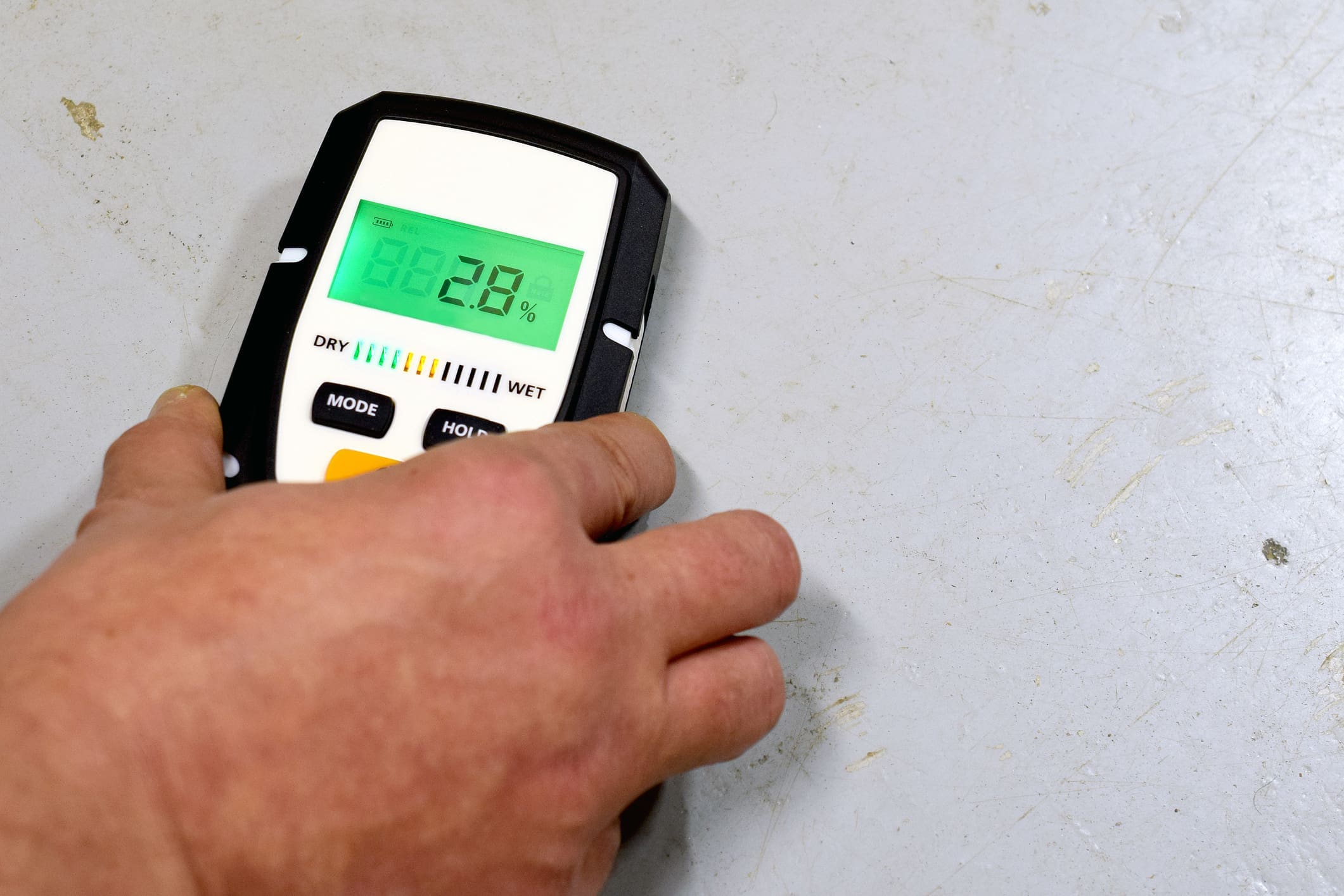Resources
What Should My Basement Humidity Level Be?

Maintaining the ideal humidity level in your basement is crucial for ensuring the comfort, health, and structural integrity of your home. High humidity levels can lead to a host of problems, including mold growth, musty odors, and even potential damage to your belongings and the foundation of your house. On the other hand, excessively low humidity levels can also cause issues like dry skin, respiratory discomfort, and even damage to wooden structures. In this blog post, brought to you by Michigan Basements, we’ll explore the importance of basement humidity levels and provide guidance on how to achieve the optimal balance for your living space.
The Goldilocks Zone of Humidity
Just as Goldilocks searched for the perfect bowl of porridge, your basement needs the right humidity level – not too high, not too low, but just right. The recommended humidity range for basements generally falls between 30% and 50%. This range strikes a balance between preventing moisture-related problems while also preserving your home’s structural integrity and your family’s health.
Dangers of High Humidity
Excessive humidity levels can transform your basement into an ideal breeding ground for mold and mildew. These microorganisms thrive in damp conditions and can pose serious health risks to you and your family. Additionally, high humidity can cause materials like wood to warp, and it can contribute to the deterioration of paint and other finishes. To prevent these issues, consider using a dehumidifier to regulate moisture levels.
Mold and Mildew Prevention
Mold and mildew are not only unsightly but can also trigger allergies and respiratory problems. Regularly maintaining the recommended humidity range in your basement can significantly reduce the risk of mold growth. This means that not only will your basement be a more pleasant space, but you’ll also be safeguarding your family’s health.
Low Humidity Woes
While high humidity is a well-known enemy, excessively low humidity levels can also cause problems. In very dry conditions, wooden structures can contract and crack. This is particularly concerning for basements with wooden support beams or flooring. Moreover, low humidity can lead to discomfort such as dry skin, irritated eyes, and even respiratory issues. To combat this, you can use a humidifier to add moisture to the air when needed.
Optimal Storage Conditions
If your basement serves as a storage space, maintaining the right humidity level becomes even more critical. Items such as books, electronics, and even clothing can be negatively impacted by extreme humidity levels. A basement that is too humid could lead to musty odors and potential damage, while one that is too dry might cause materials to become brittle or deteriorate faster. Striking the right balance ensures your belongings remain in good condition.
Taking Control
To maintain the optimal humidity level in your basement, it’s essential to address potential sources of moisture. Ensure that your basement is properly insulated and adequately ventilated to prevent excess humidity from entering. Regularly inspect for leaks or water seepage, as these can lead to increased moisture levels. Using a hygrometer, a device that measures humidity levels, can help you keep track of the conditions in your basement and make adjustments as needed.
Conclusion
Your basement’s humidity level plays a significant role in the overall health and integrity of your home. Whether you’re striving to prevent mold growth, protect your belongings, or simply create a more comfortable living environment, maintaining the recommended humidity range of 30% to 50% is essential. With proper insulation, ventilation, and the use of dehumidifiers or humidifiers when necessary, you can achieve the perfect balance and ensure your basement remains a valuable and enjoyable part of your home. Remember, Michigan Basements is here to help you with all your basement-related needs, from moisture prevention to structural improvements, so you can enjoy a healthy and welcoming living space for years to come.


